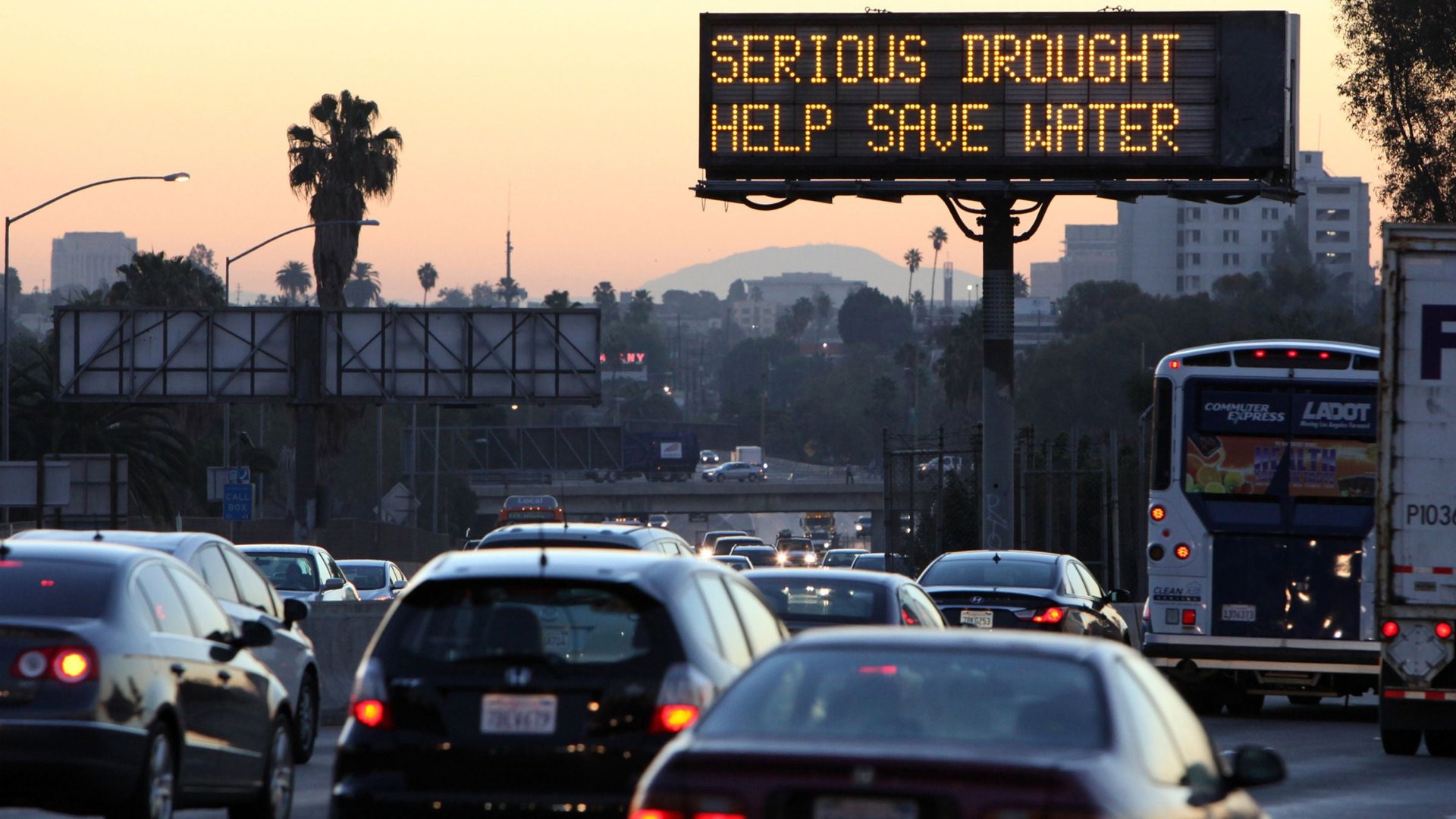The selective thinking of American consumers when it comes to what they’ll give up for climate change
Americans may have finally accepted that climate change is real, but few are willing to alter their routines or relinquish first-world comforts to mitigate the threat.


Americans may have finally accepted that climate change is real, but few are willing to alter their routines or relinquish first-world comforts to mitigate the threat.
A new report by Pew Research Center shows that Americans—while aware of needing to make major lifestyle changes—still won’t give up their cars and gadgets, or change their commutes, to reduce the nation’s carbon footprint.
One of the US Environmental Protection Agency’s top recommendations for reducing reliance on fossil fuels is buying “fuel-efficient, low-greenhouse gas vehicles,” as Pew Research points out. And while Tesla has generated a lot of hype for its luxurious electric vehicles, the volume of new, gas-powered cars on the road today remains little changed. As of October, 95% of vehicles bought in the US this year ran on gas, Pew Research found, based on an analysis of National Automobile Dealers Association data.
Share of total US vehicle sales
To be sure, vehicles today are more fuel efficient than they were in the past. Last month, the sales-weighted fuel economy of new US vehicles was 25 miles per gallon (mpg), up from about 20 mpg in October 2007, Pew Research notes, citing data from the University of Michigan. However, over the last three years, fuel economy has largely remained flat.
American commutes are also less energy efficient now than they were 20 years ago. A larger percentage of commuters drove to work alone last year than in 1980, and fewer people opted for energy-saving travel methods like carpooling, walking, or taking public transportation.
And US households are using more energy to power electronic devices than they have in the past. Energy usage for electronics, lighting, and appliances, not including refrigerators, rose by about one third from 1993 to 2009, according to the report, which looked at US Energy Information Administration data.
This is not to say Americans aren’t living more eco-friendly lifestyles today than they were a decade ago. With the help of newer, more energy-efficient heating and cooling systems and better insulation, consumers have curbed energy usage from home heating, water heating, and air conditioning. And, overall, they’re generating less waste, recycling more often, reducing their water usage at home, and shifting away from standard, incandescent light bulbs—measures outlined by the US Environmental Protection Agency to conserve energy and reduce greenhouse gas emissions.